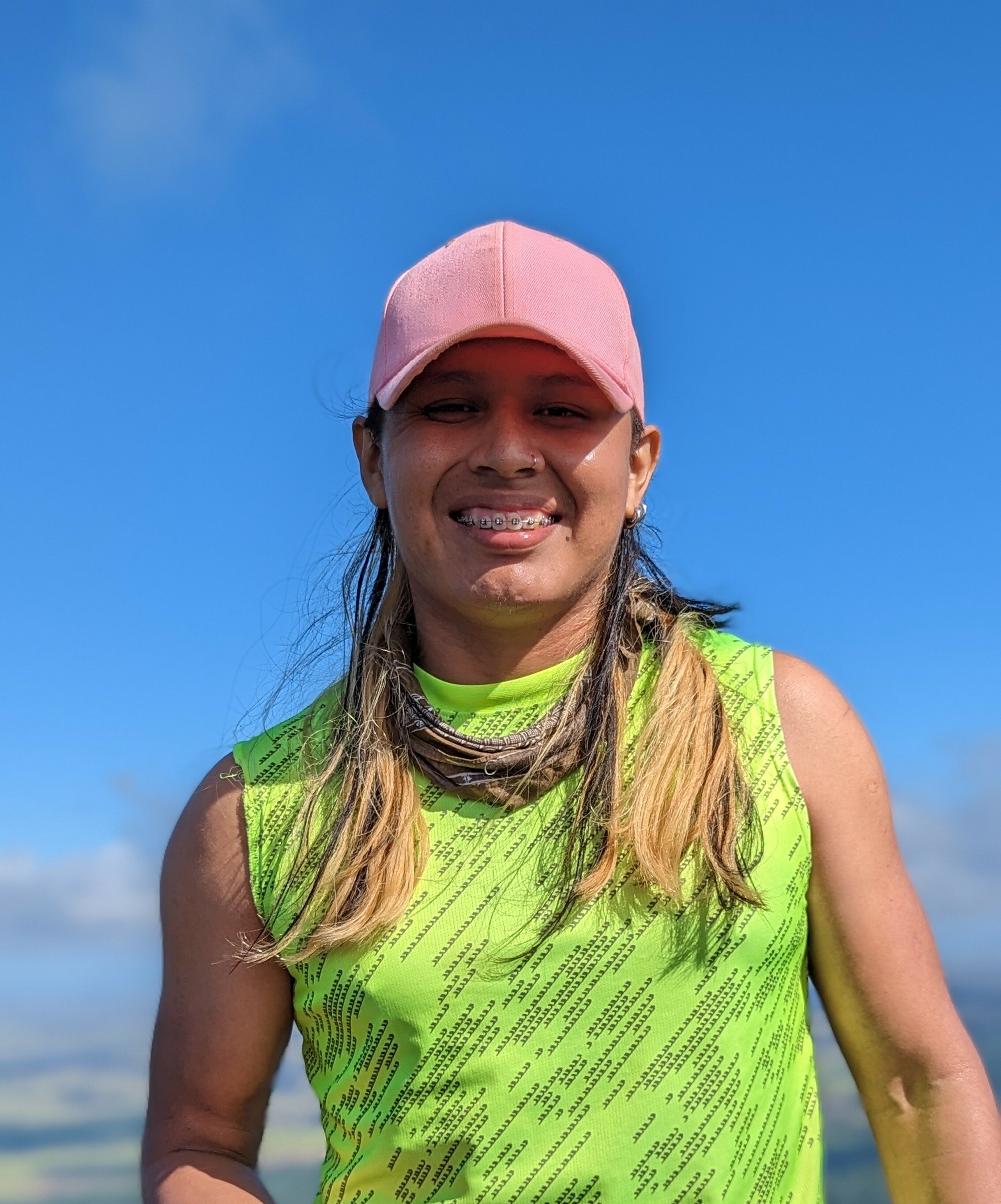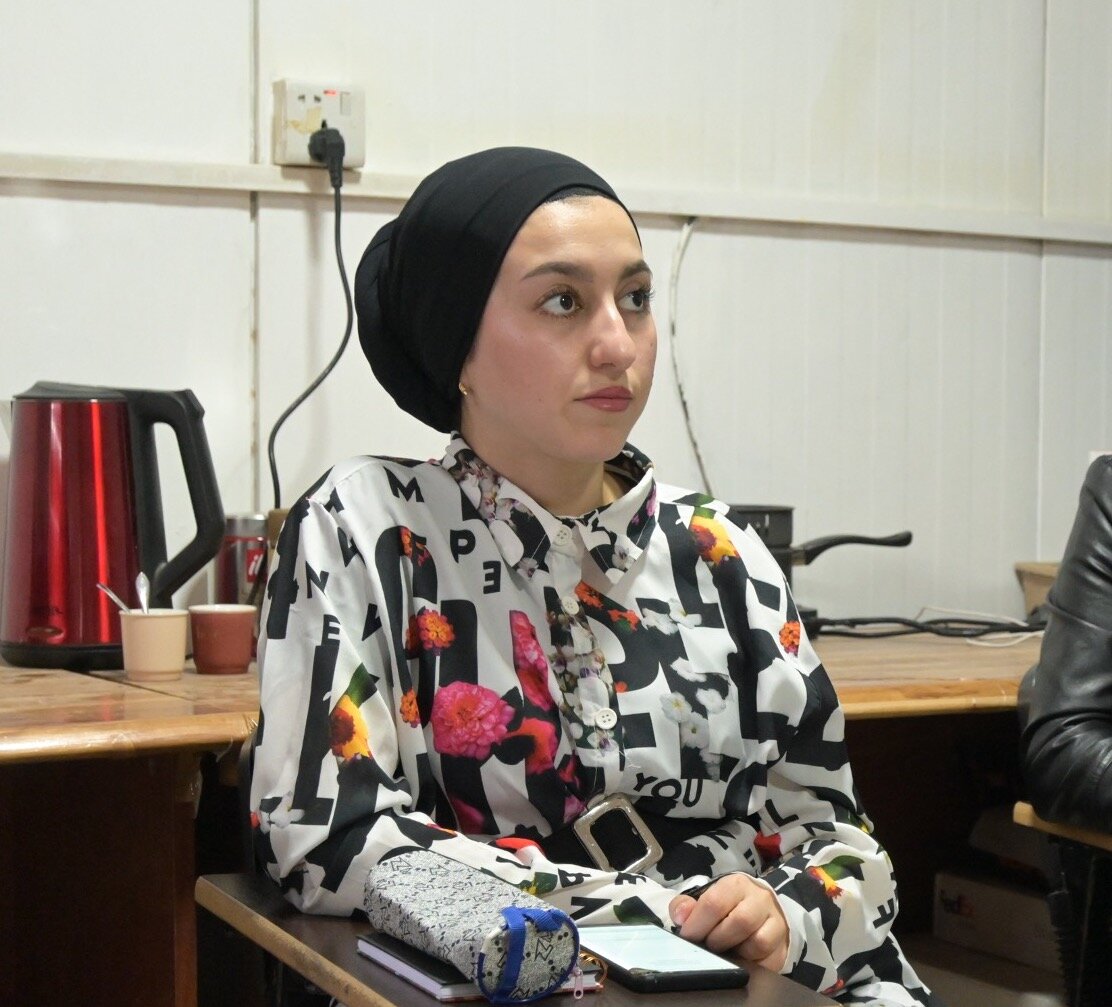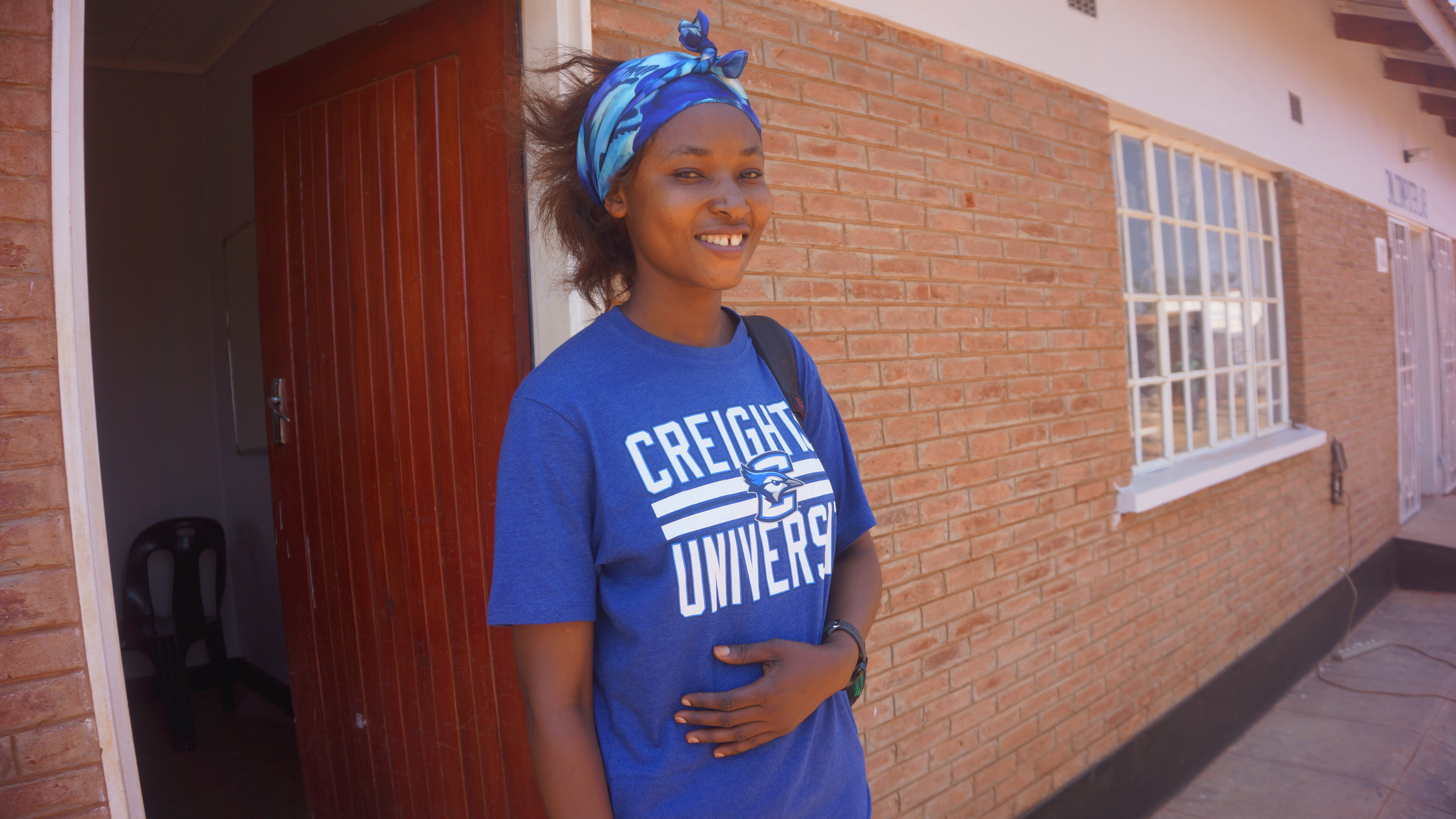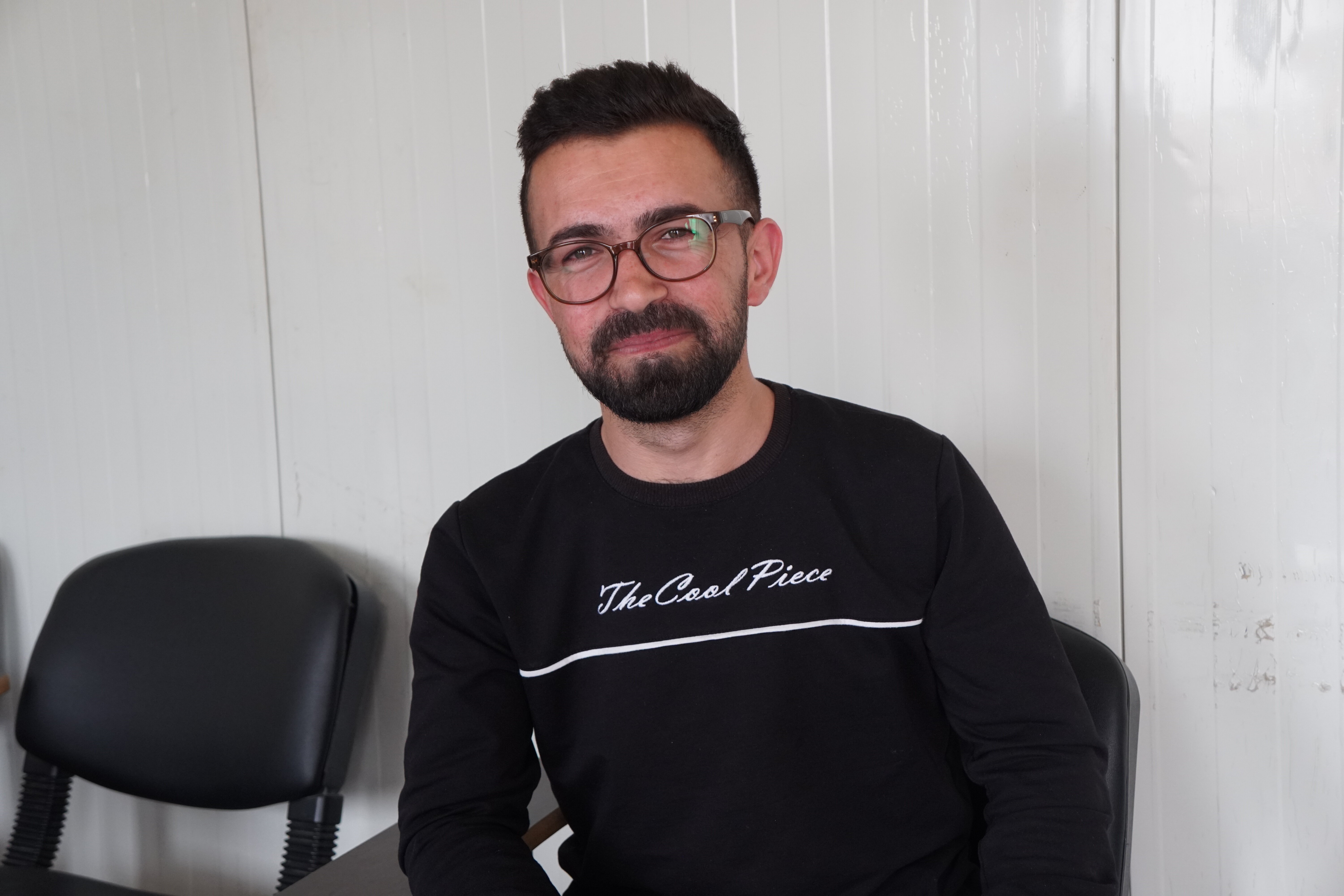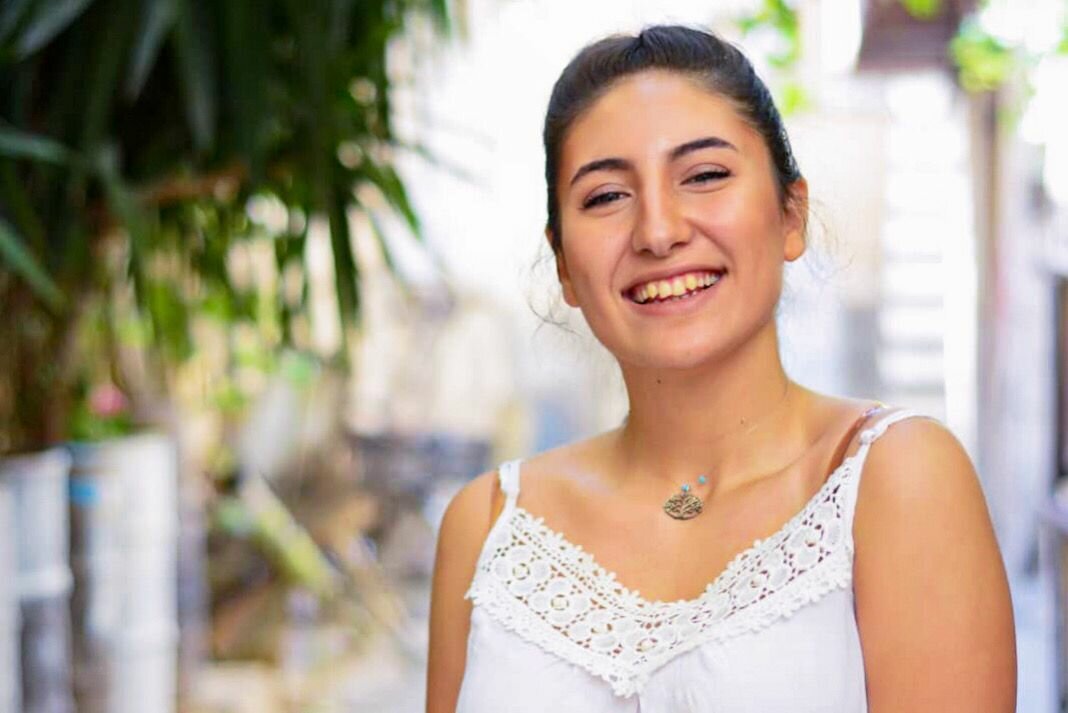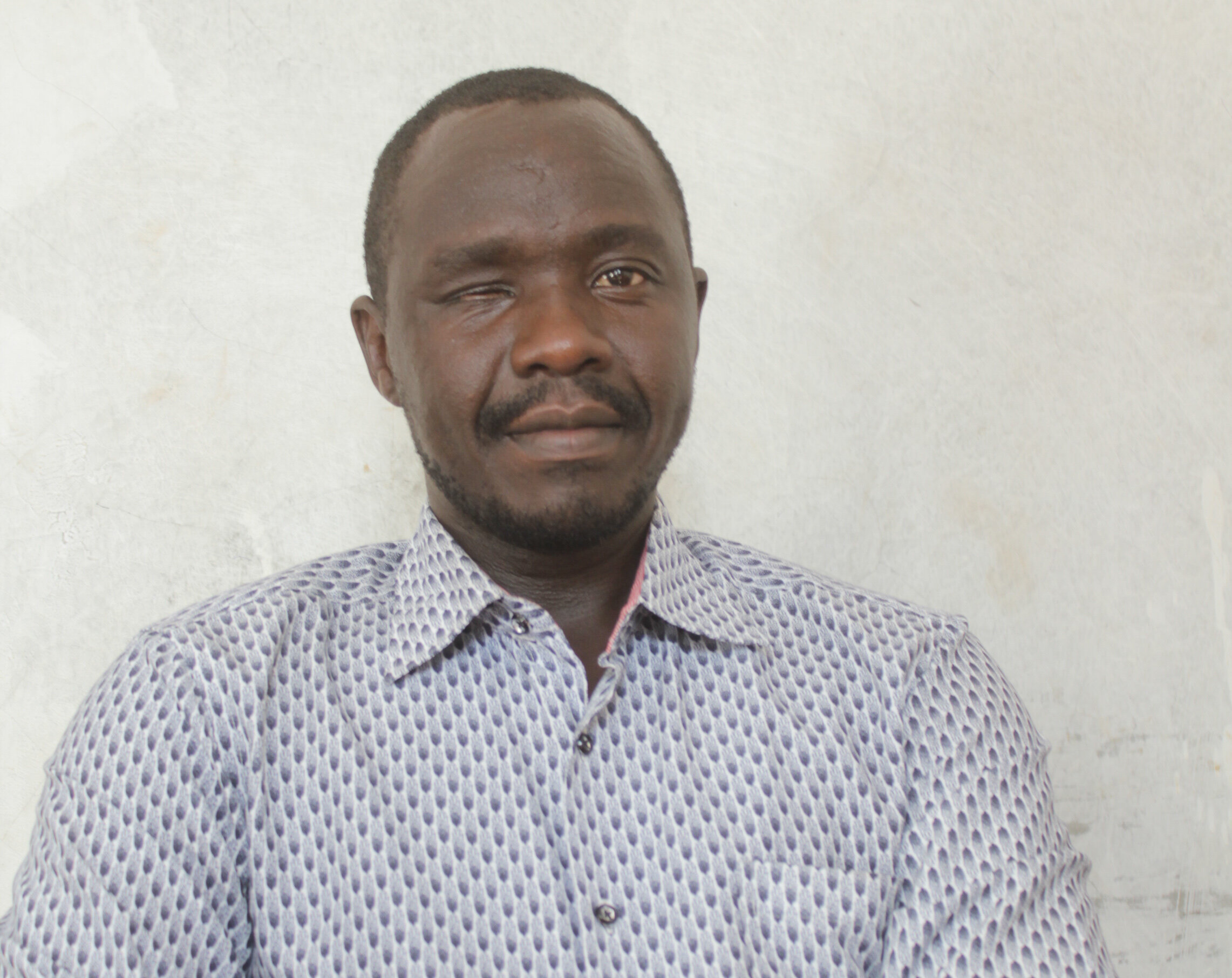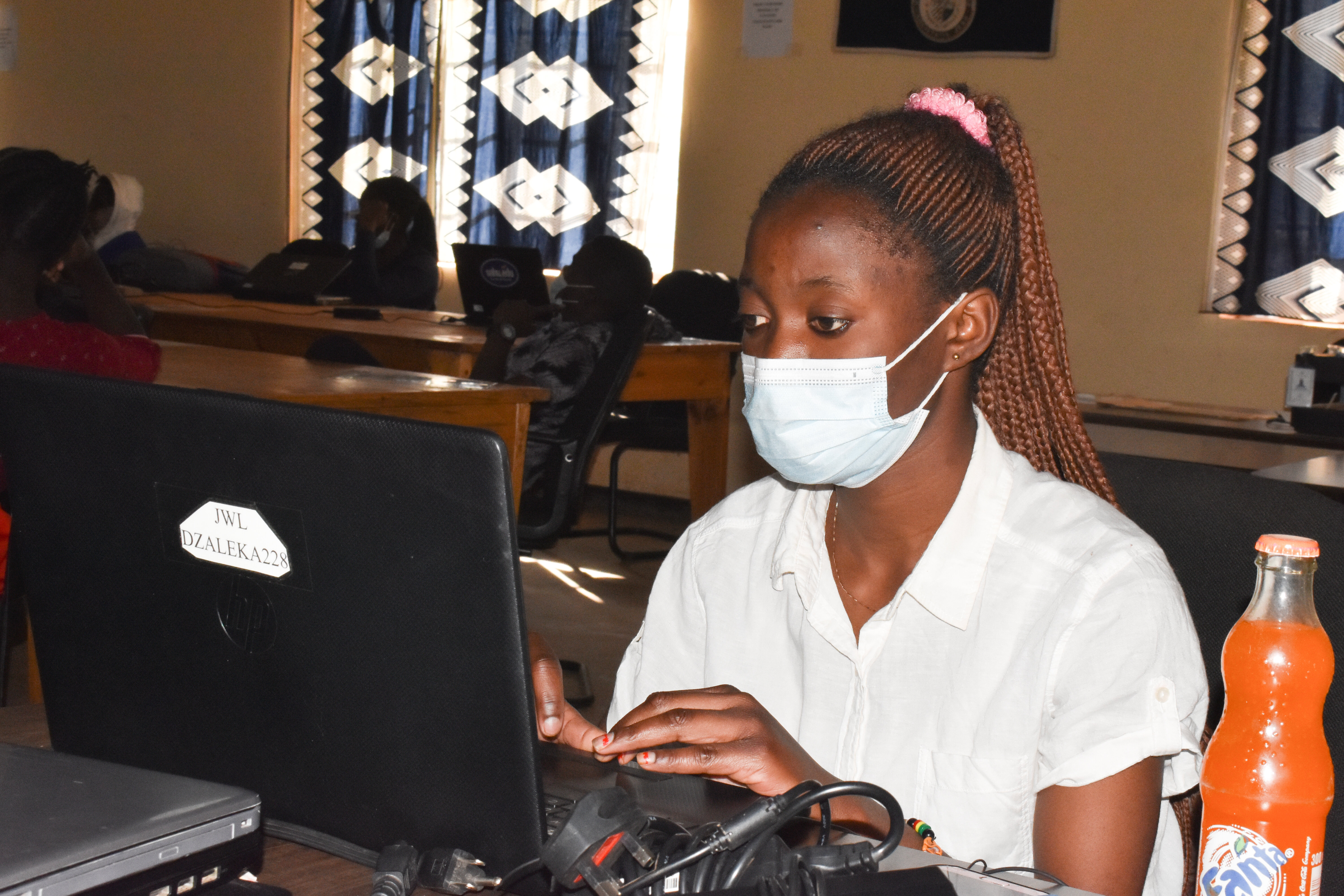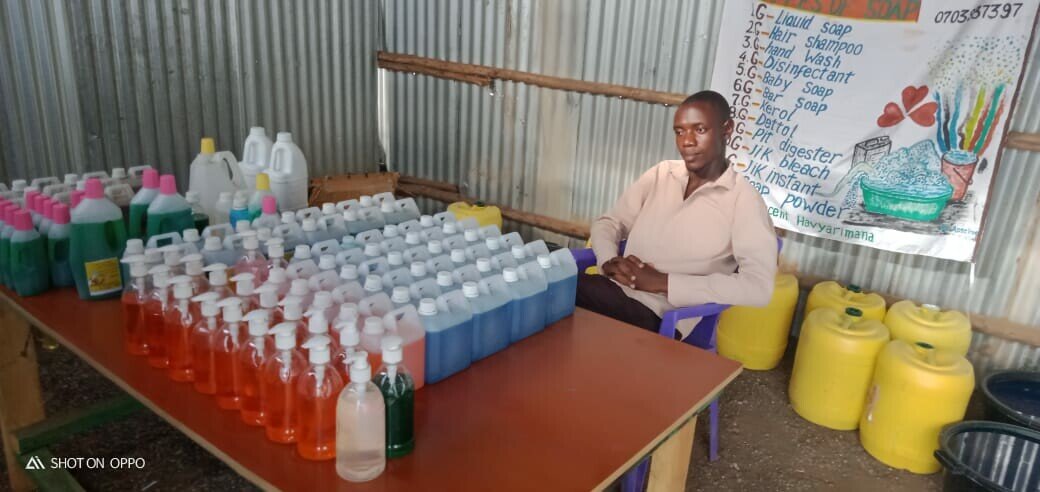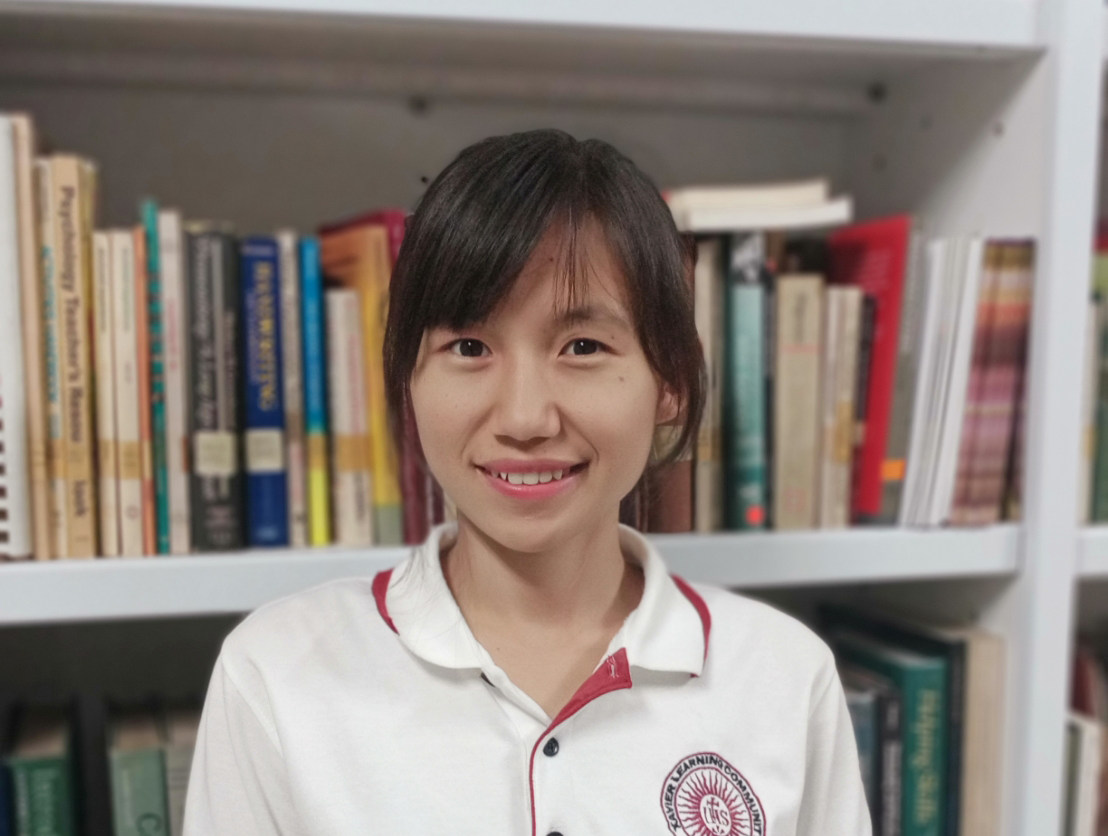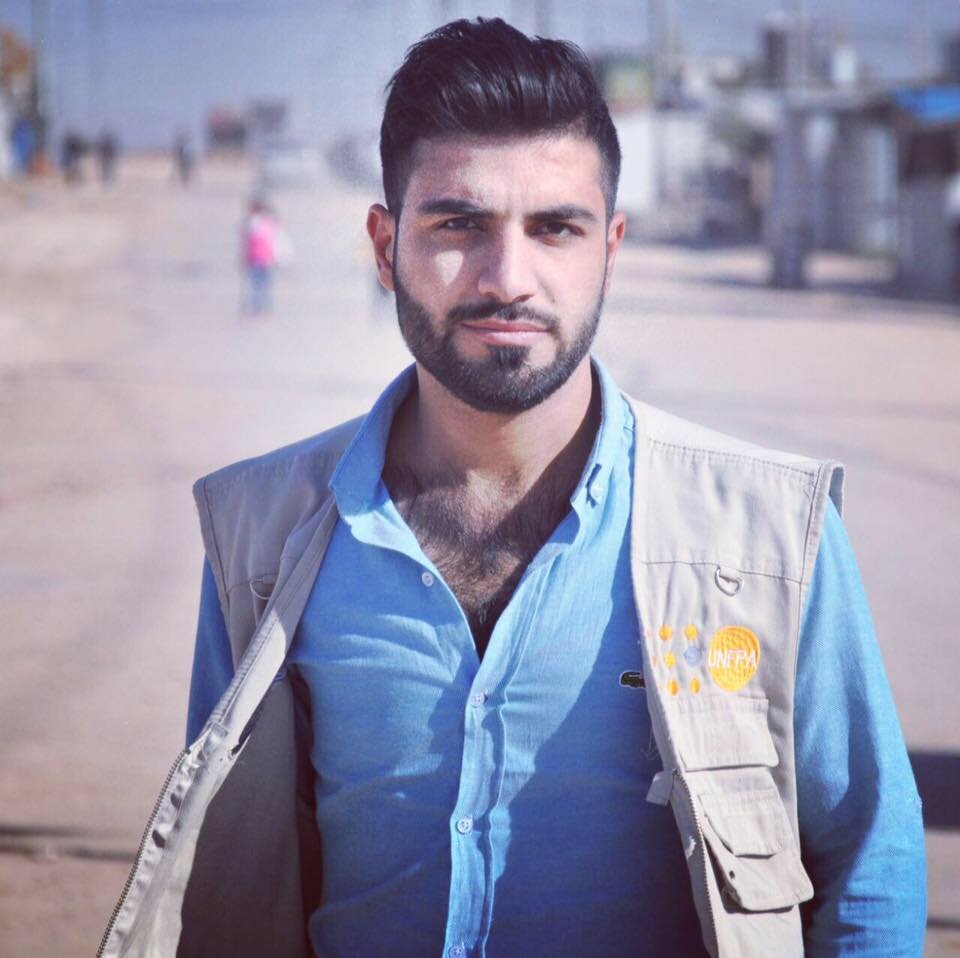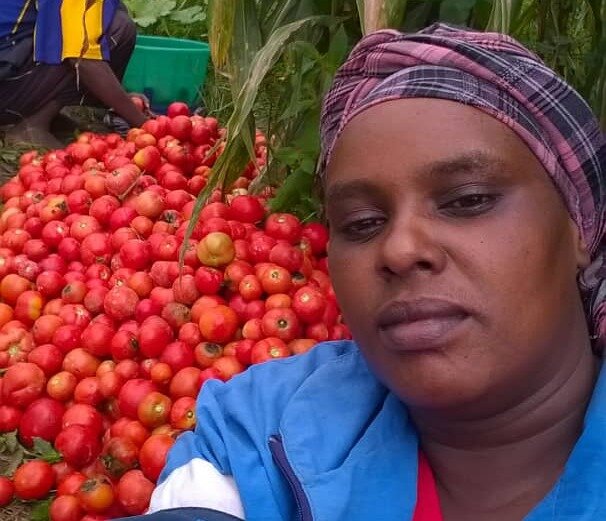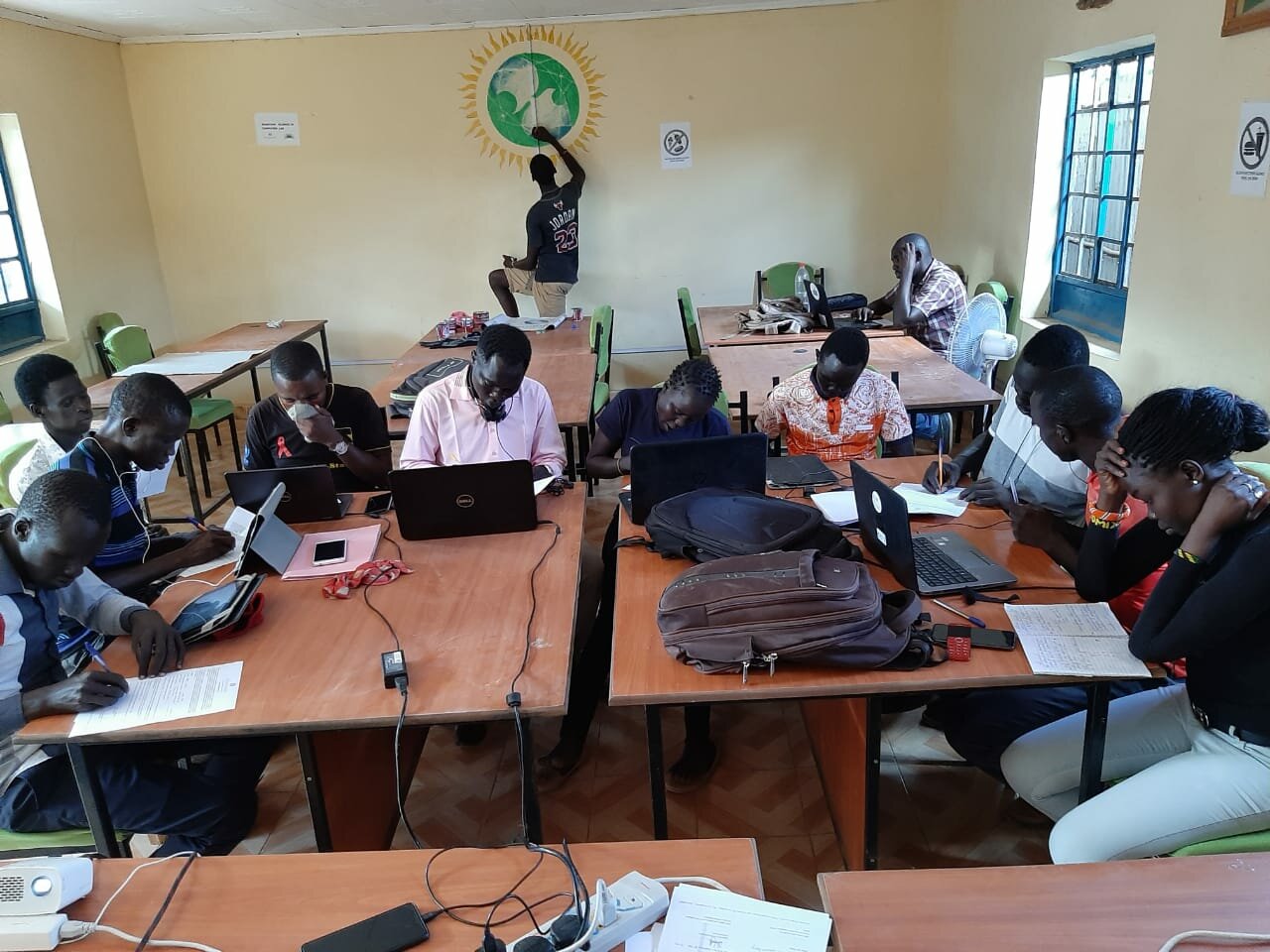
STUDENTS AT THE MARGINS
JWL serves refugees and other socially and geographically marginalised youth across the globe, providing the quality higher education which they otherwise would not have access to. Through quality, transformational programmes, learners gain the confidence, knowledge and skills they need to take their lives in their hands and work towards achieving their goals.
Students from different backgrounds come together at the local and global level through the global virtual classroom, engaging in discussions which promote tolerance and open minds. They become leaders that also give back to their communities, and inspire others to do the same, fostering a more peaceful and equitable world.
LOCAL COMMUNITY LEARNING CENTRES
JWL students connect on two levels – locally and globally. At the local level, they come together at the community learning centre (CLC).
Our blended learning model allows students the flexibility to study anytime, anywhere, both on and offline. At the same time, we provide the best of both worlds by cultivating a sense of the community at the CLC – where they benefit from in-person group discussions and support from peers, facilitators, and centre coordinators.
The CLCs are often run in partnership with the Jesuit Province and institutions and other like-minded organisations in order to run the CLCs. They provide infrastructure and management of community learning centres, accompanying and facilitating student learning.
GLOBAL COMMUNITY OF LEARNERS
JWL students build a strong community of learners at the local Community Learning Centre but also at the global level. They study together with peers from different JWL centres the world over through the global virtual classroom. This provides valuable opportunities to engage in discussions with persons from different cultural backgrounds and contexts, as they make their way through their studies and seek to address issues of local/global concern.
STUDENT-BASED ORGANISATION
Over time, graduates of the JWL Diploma programme have taken ownership of the learning centres. Alumni Kenya and Malawi established community-based organisations and serve the JWL community as coordinators and learning facilitators. In Afghanistan, alumni organised themselves and established brand new learning centres in their hometowns – in some of country’s most remote locations.
Filter
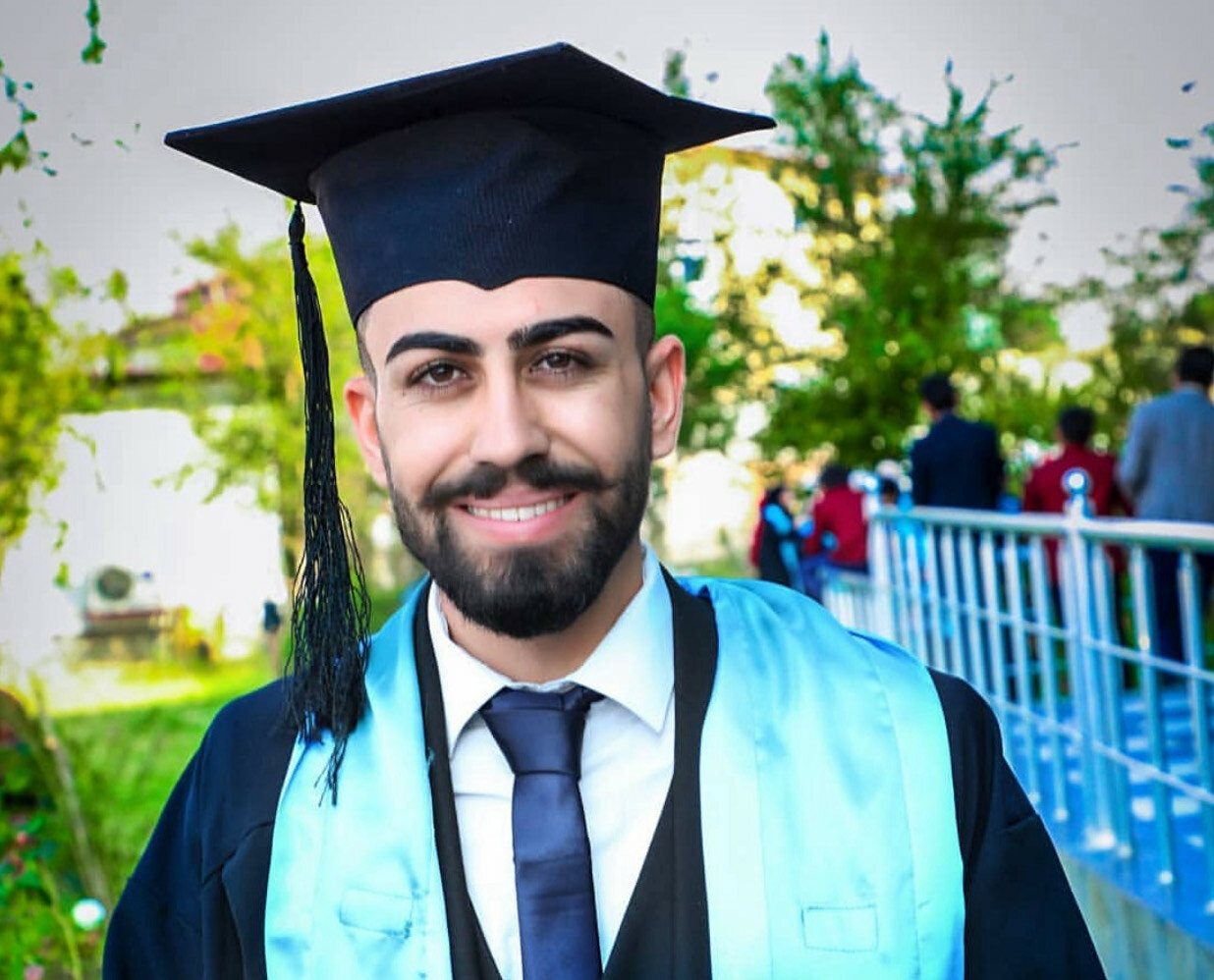
“I believe in transcending the lives of people through education, I want to make a change through teaching; teaching to me is not merely helping students academically, but supporting and building individuals to act in life,” says Sultan, a Learning Facilitator graduate and student of the Educational Innovation and Leadership programme in Iraq.
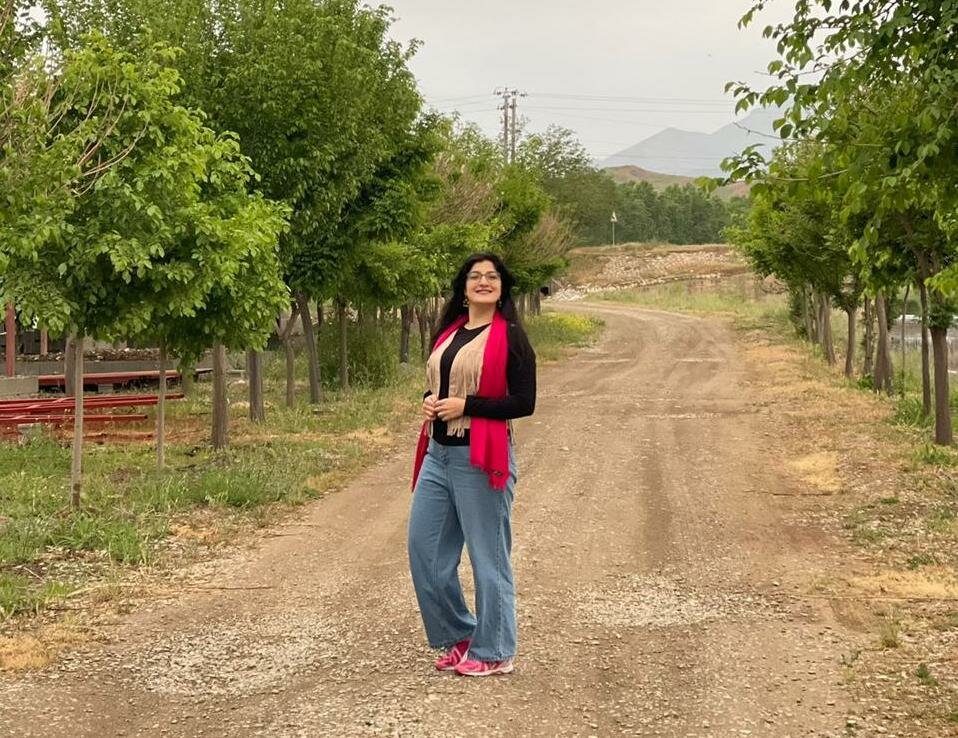
“I was so frustrated and upset from the state of peace around the world, I had no faith or trust in peacemaking… And here I am, studying Interreligious Cooperation for Peace, and willing to go further in this field. I was so happy and satisfied in the end of the course,” says Ishraq.
Ishraq is a teacher and Palestinian refugee living in Sulaymaniyah. Her experience with the Peace Leader programme have made her more confident in talking about conflict and peace, and she now has a “stronger faith that there is hope.”
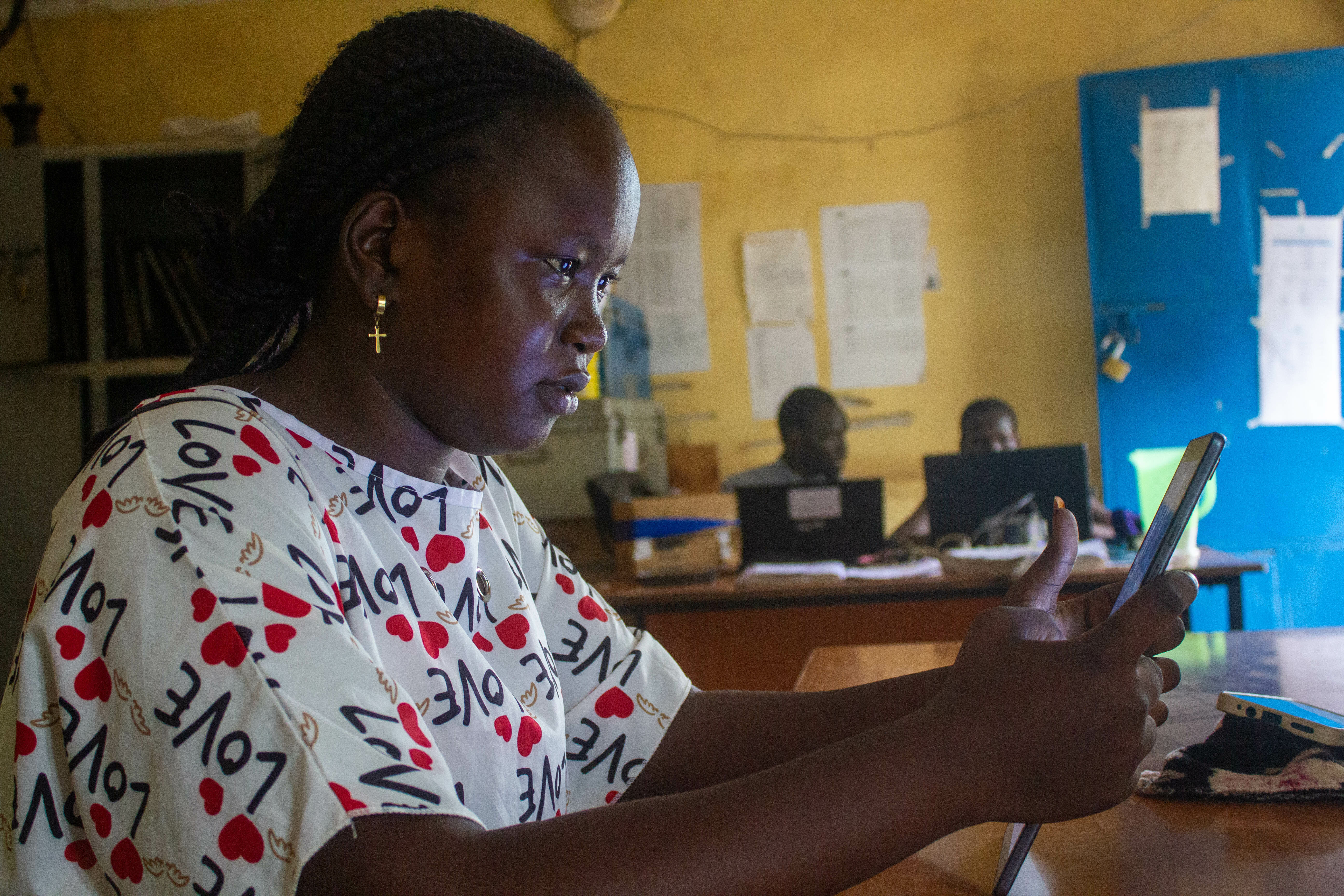
Sunday, a South Sudanese refugee living in Kakuma, struggled with academic writing and public speaking in high school until last year, when she enrolled in the Global English Language (GEL) programme.
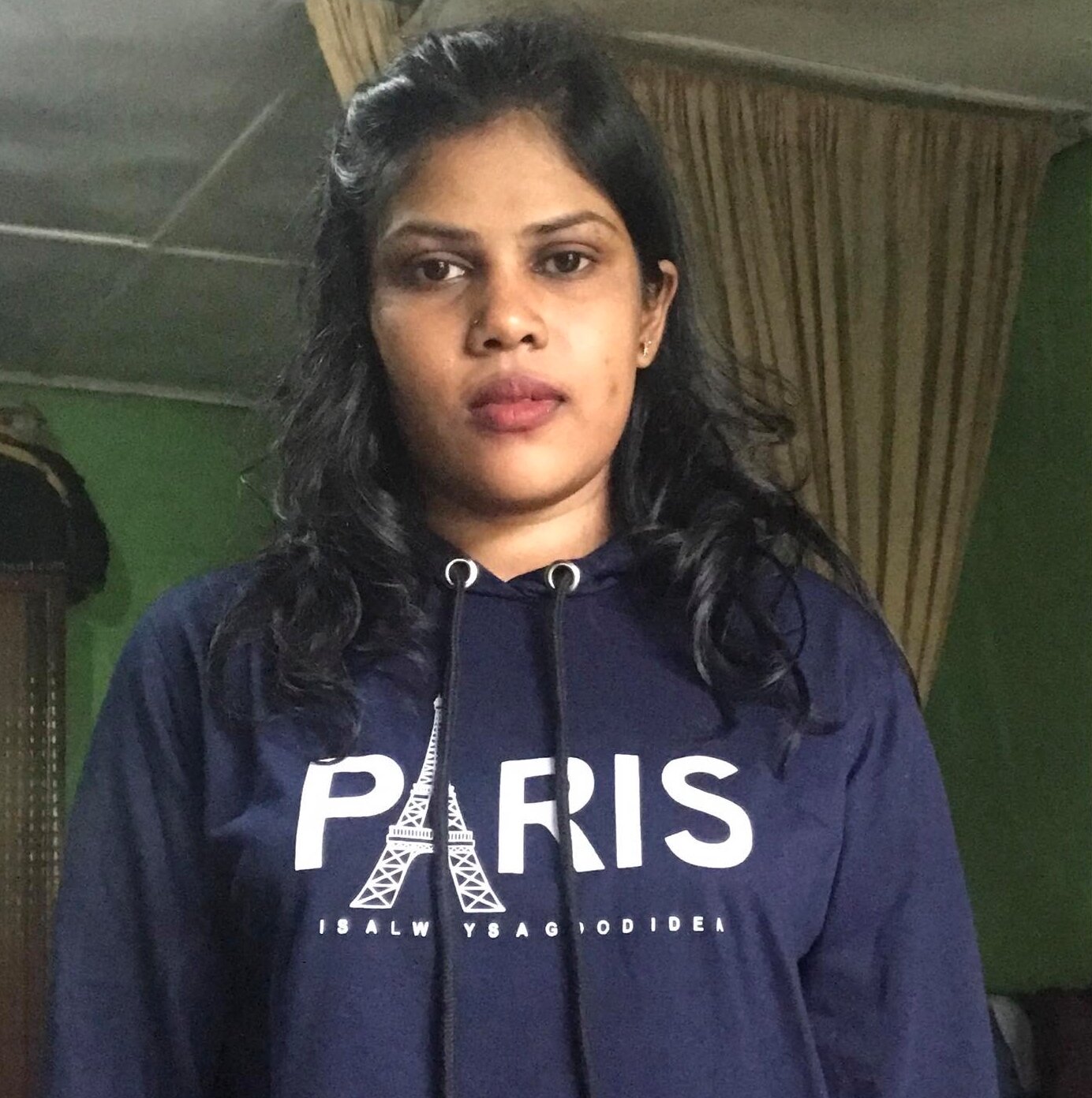
Christa, from Sri Lanka, is among the very first graduates of the BA in Sustainable Development. Over the past three years, she acquired essential knowledge related to sustainable development and possible solutions to address social and environmental issues faced by her community.

Leah is a Wapishana indigenous woman from Guyana who wants to work to see her community's language, culture and traditional knowledge survive – and thrive.
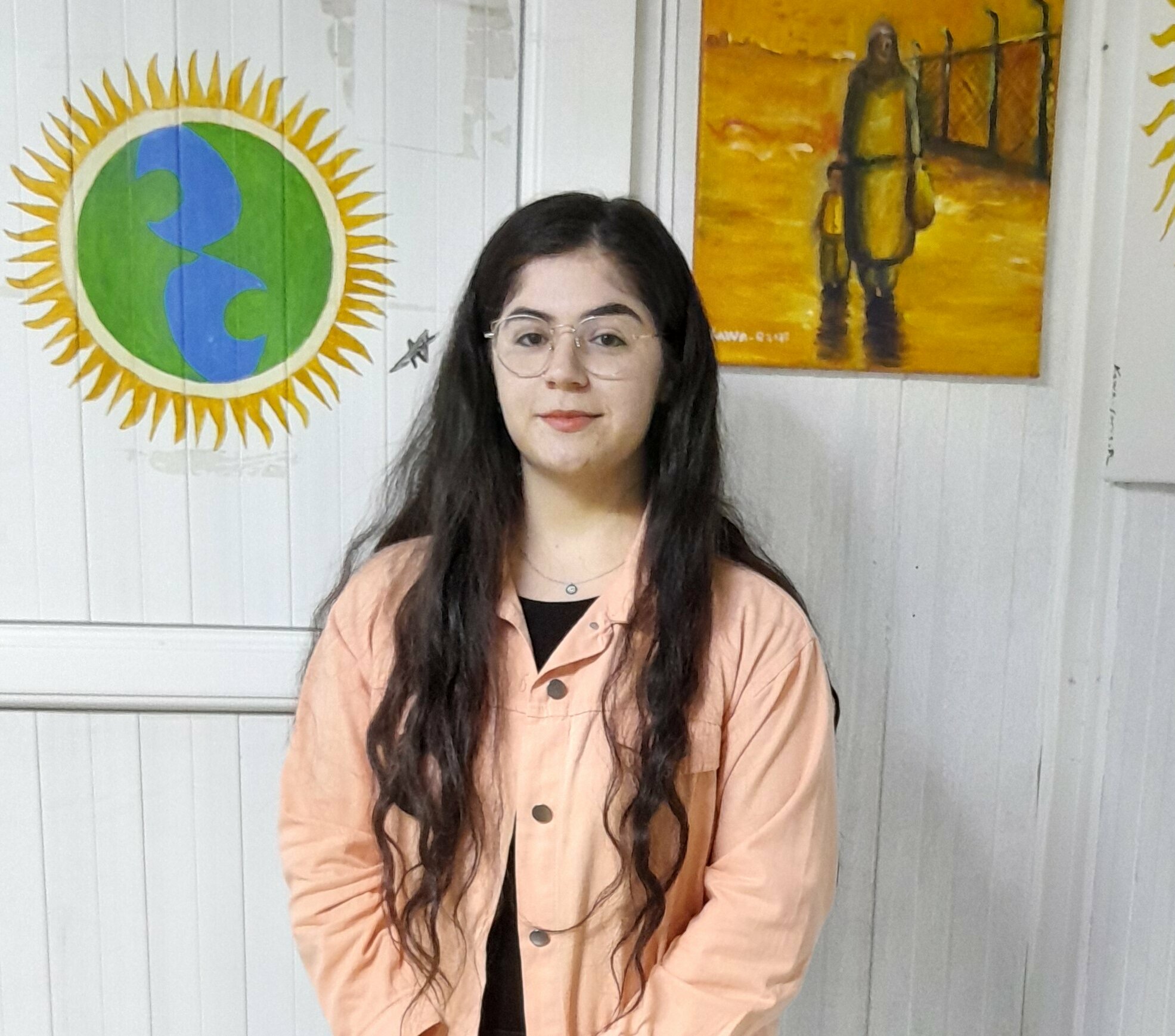
Noshin recalls how difficult the early days of displacement in northern Iraq were. With the support and encouragement of her parents, she completed her secondary school and studies at the University of Dohuk, graduating with distinction. But she was unable to find a job.
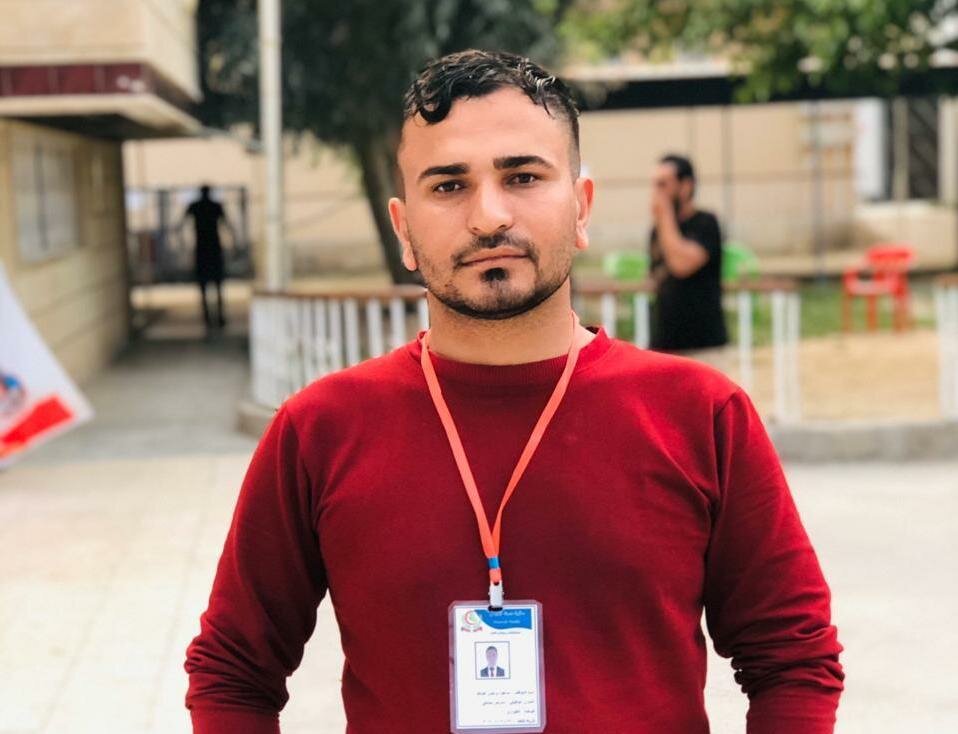
“ […] I noticed that our area is considered as a disputed area and it needs educated and peaceful people to stand up again after all happened to it,” says Masoud. After years of displacement, he returned to Sinjar and was encouraged by friends to enrol in the Peace Leader programme.
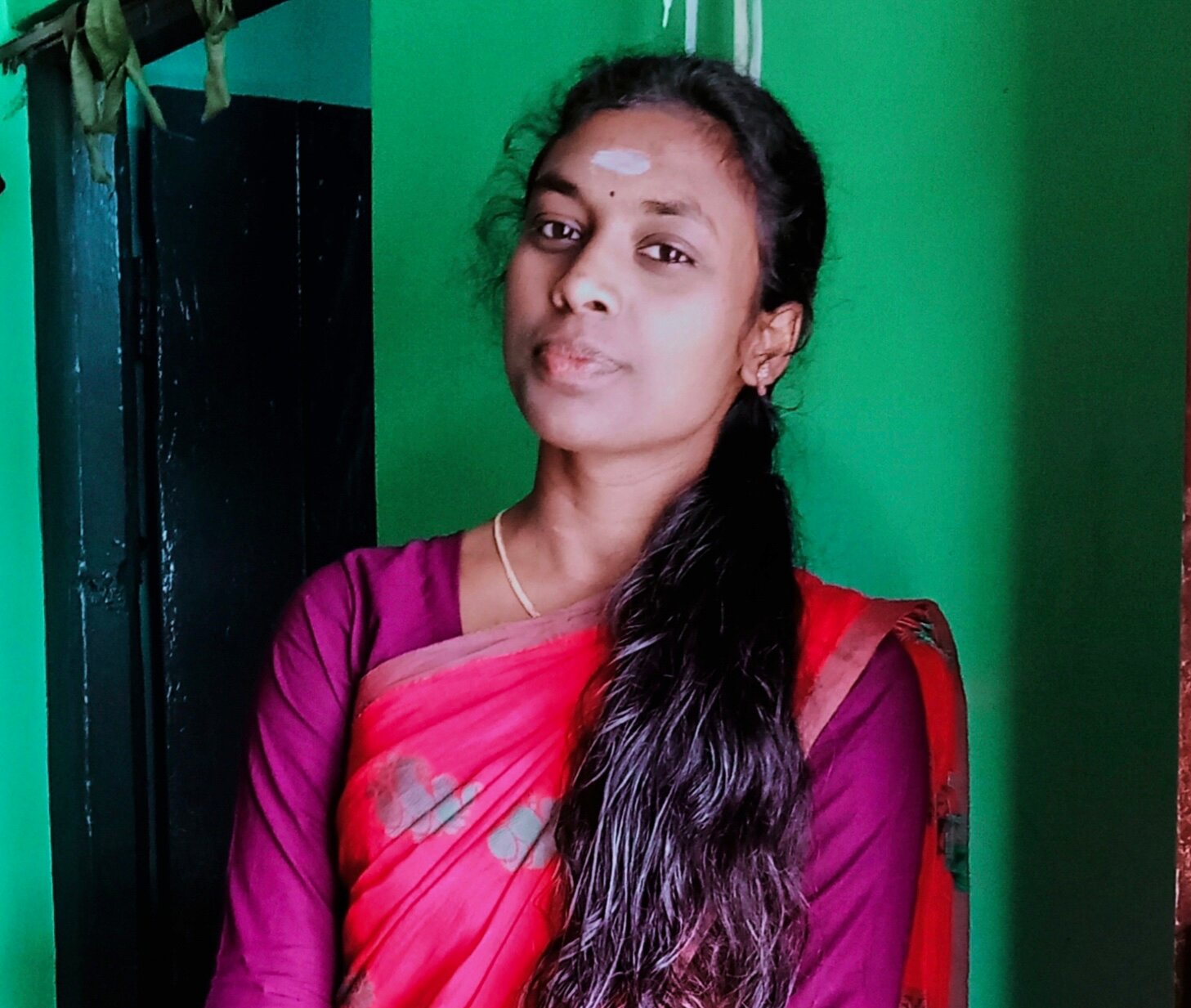
“I see myself as an instrument to promote and enhance the education of students, those who are struggling to get an education and those who are from a very poor family background,” says Yalini, a Learning Facilitator programme graduate.

Hima comes from Anjengo, a fishing-dependent village in India’s Kerala District. She joined the Global English Language programme (GEL) for professional purposes, but it turned into more than that.
